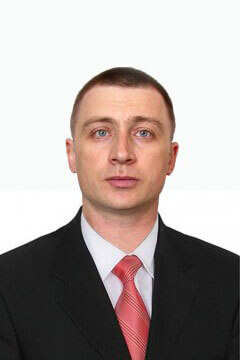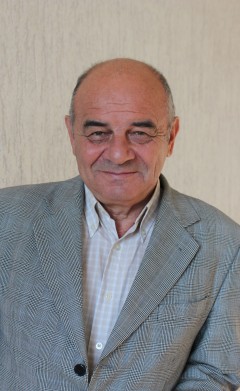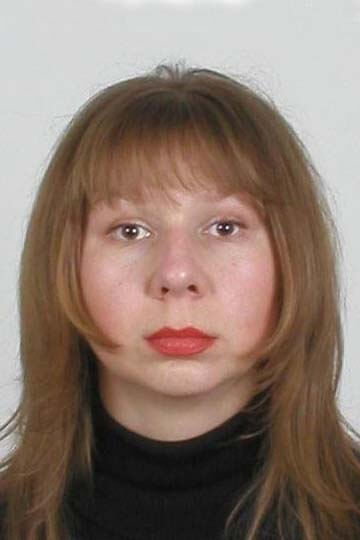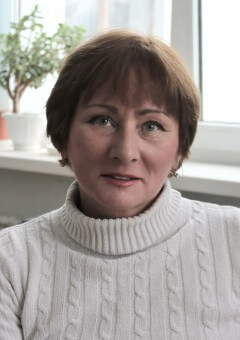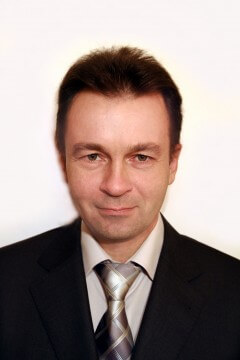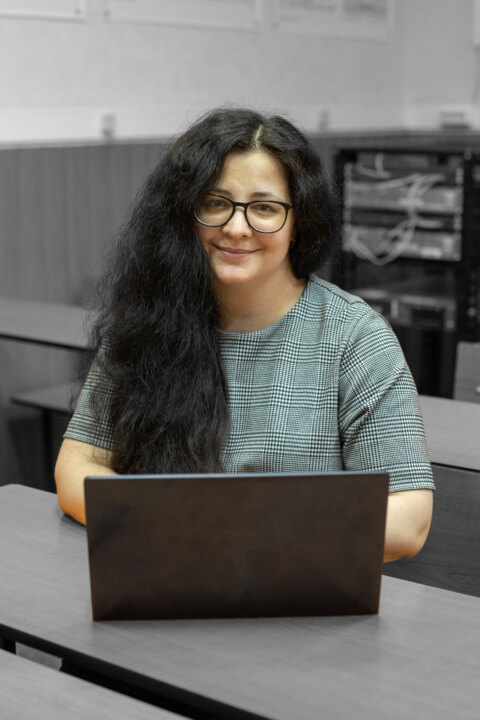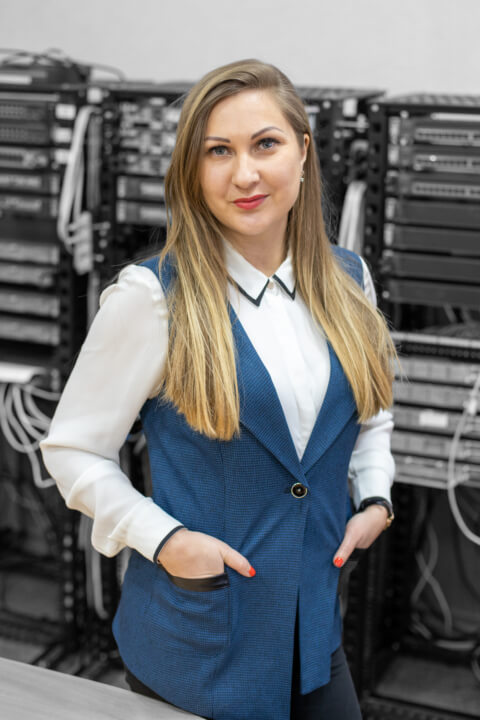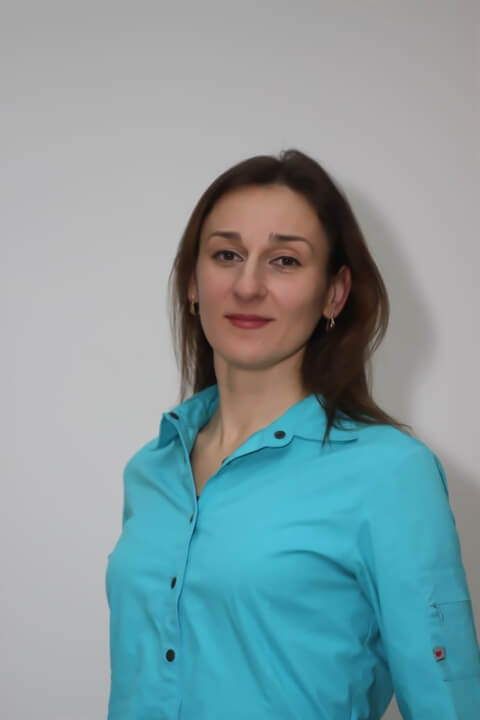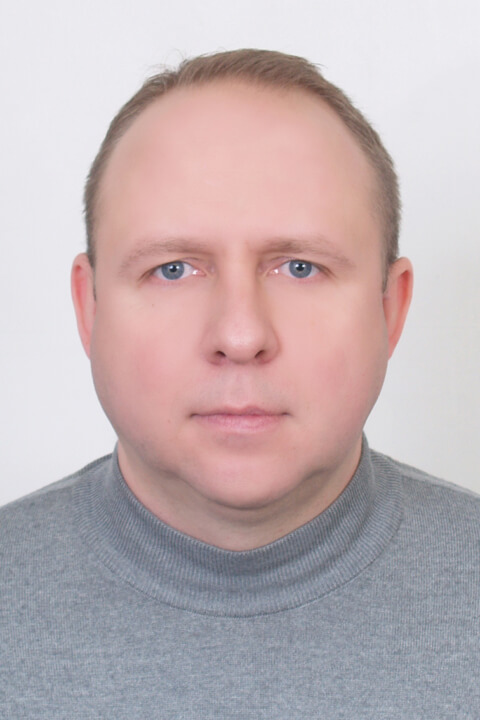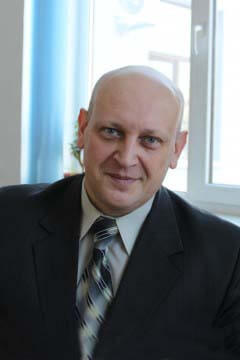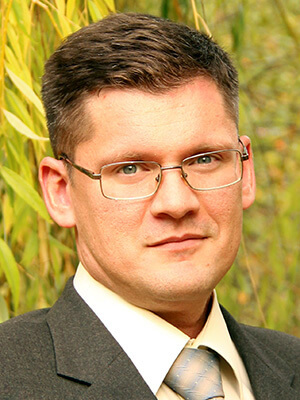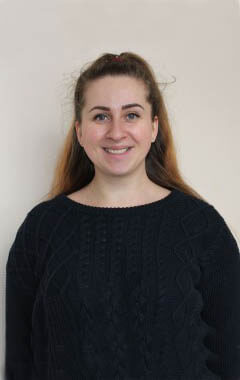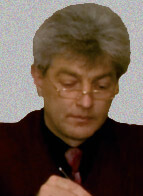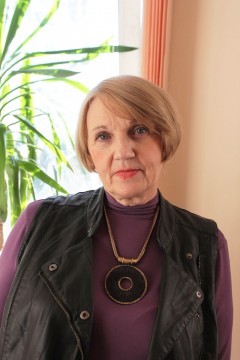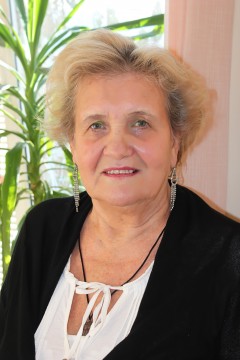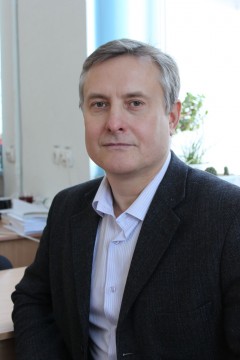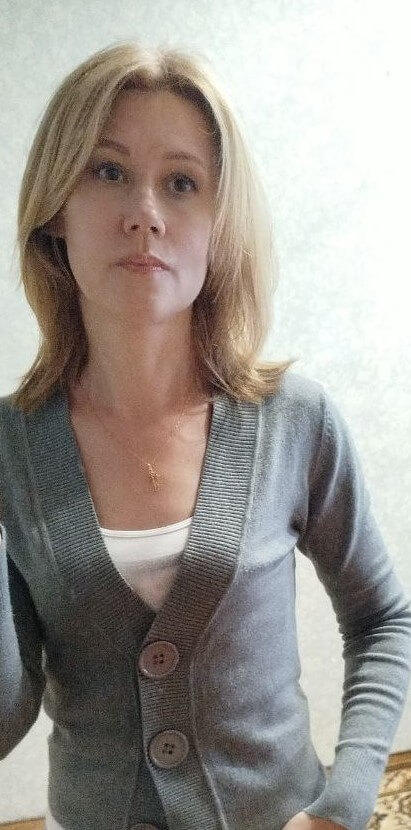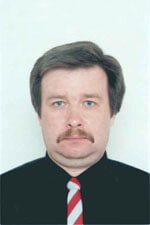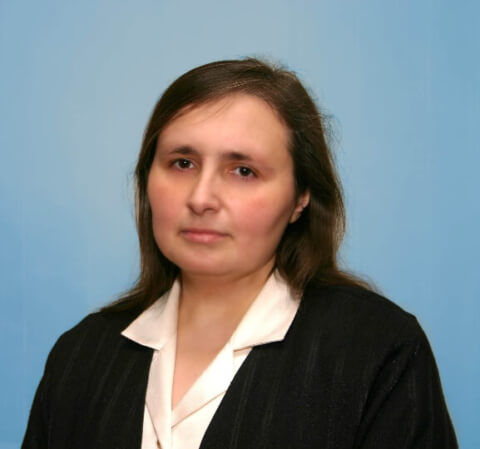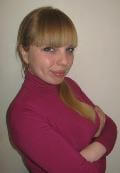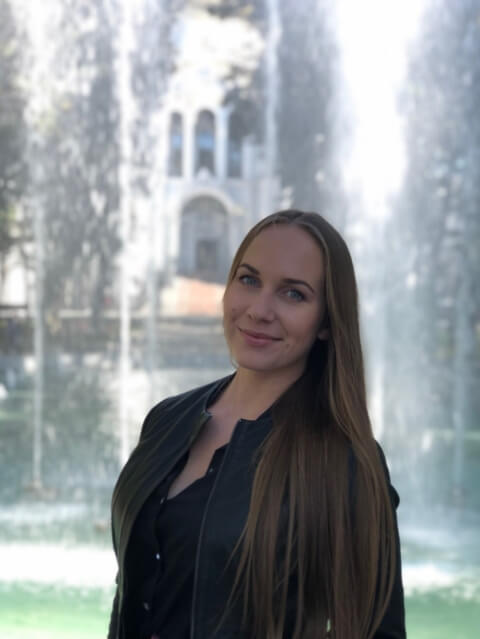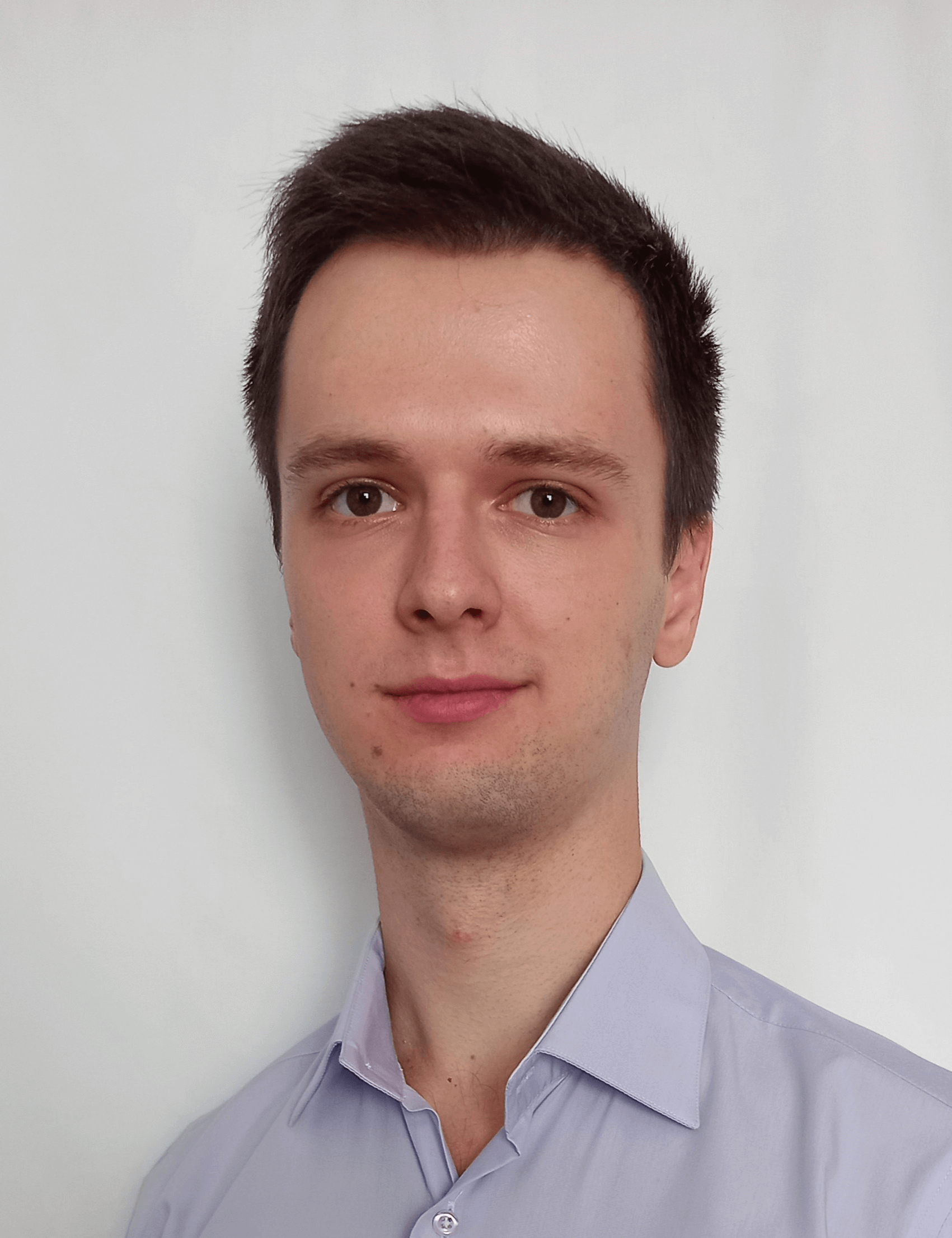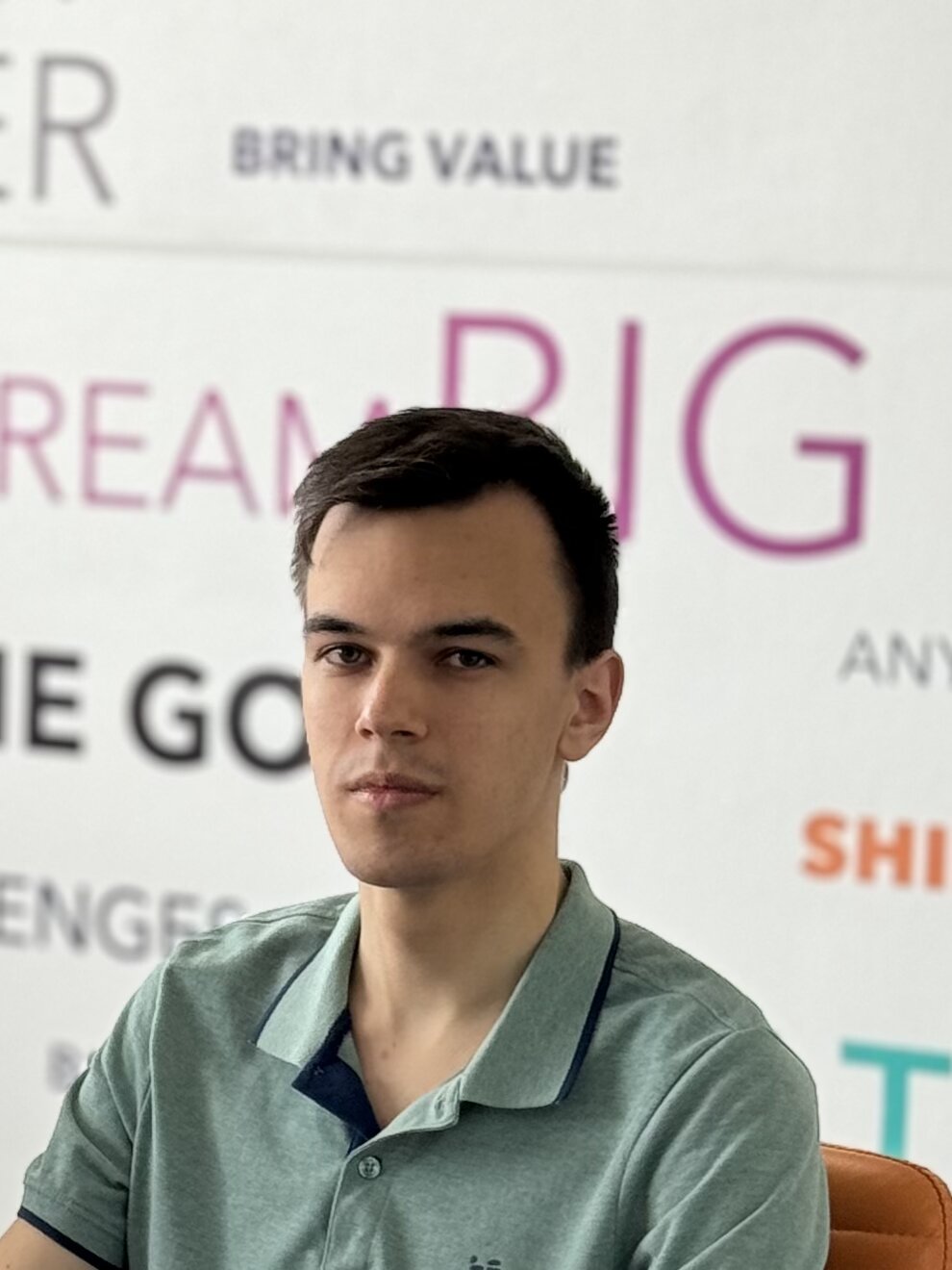Scientific schools
Name of scientific school: Theory of telecommunication systems.
The founder of the scientific school: Doctor of Engineering Sciences, Professor Volodymyr
Popovskyy.
Famous representatives of the scientific school:
Doctors of science: Professor Oliynyk V.F., Professor Marchuk L.A., Professor Tytarenko L.O.,
Professor Lemeshko O.V., Professor Kolyadenko Yu.Yu., Professor Ievsieieva O.Yu., Professor
Ageyev D.V., professor Garkusha S.V., professor Shostko I.S., associate professor Duravkin Ie.V., Professor Moskalets M.V., Professor Radiviliva T.A., Professor Yevdokymenko M.O., Professor Yeremenko O.S.;
Candidates of Science: Associate Professor Kovalenko T.M., Associate Professor Tokar L.O., Associate Professor Melnikova L.I., Associate Professor Kulia Yu.E., Associate Professor Selevko S.M., Associate Professor Holod L.M., Associate Professor Marchuk A.V. and others.
The most remarkable scientific achievements:
1) Formation of the general structure of the theory of telecommunication systems, its
mathematical bases, directions of filling and development, which based on principles and
postulates of the general theory of systems and the concept of "System policy rules".
Construction of a system of mathematical models of telecommunication systems, which
reflect their structural and functional characteristics adequately.
2) Development of simplicial multidimensional TCS models to assess connectivity,
structural complexity, and heterogeneity.
3) Development of differential stochastic models of TCSs, which reflect the dynamics of
changes in the state of network elements, network fragments or systems in general, which
allow to evaluate such properties of TCSs as controllability, stability, optimality, etc.
4) Tensor models of TCSs, which provide the possibility of invariant representation of the
system in general and the processes that take place in it, to solve traffic management
problems, including routing and fast re-routing, traffic profiling and redundancy of
network resources with the provision of quality of service as in terms of multiple
indicators of network performance (NP) and quality of experience (QoE) at the user
level.
5) Methods of adaptive space-time signal processing in a complex signal-interference
environment in mobile communication systems which based on the use of antenna arrays.
Methods of implementation of Smart-antenna technologies in mobile communication
systems and wireless access. Models and methods of multi-station multiple access which
based on the active use of spatial, polarization, temporal physical resources of mobile
communication systems.
6) Techniques and methods for ensuring electromagnetic compatibility (EMC) in dueling
situations and grouping of electronic devices. EMC support techniques adapted to 3G and
4G wireless systems and networks. Proposals for the modernization of the choice of
operating modes and antenna design.
7) Methods for ensuring effective use of subscriber radio access systems such as Bluetooth,
DECT, Wi-Fi, Wi-MAX, LTE in the direction of implementing adaptive pseudo-random
adjustment of the operating frequency, MIMO systems.
8) Development of proposals for the implementation of the concept of fixed-mobile
communications (FMS), all-optical systems, the concept of next generation networks
(NGN) and the further development of the 4G platform, IMS and SOA.
During the functioning of the scientific school, 10 doctoral and more than 50 candidate
dissertations had been defended, mainly in scientific specialties 05.12.02 -
telecommunication systems and networks, 05.12.13 - radio engineering devices and
telecommunication facilities; 7 monographs were issued, among which 4 were published
abroad; 8 textbooks with the MES stamp, more than 200 articles and more than 300 reports at
conferences (including international ones of the IEEE and Scopus level). The developed
technical solutions had been taken by more than 20 patents for invention and utility model.
More than 20 research projects had been completed.
The representatives of the scientific school have organized and annually hold the
International IEEE-conference «Problems of Infocommunication. Science and Technology,
(PIC S&T)» since 2014; International scientific and technical conference «Problems of
Electromagnetic Compatibility of Advanced Wireless Communication Networks, (EMC)»
since 2015; scientific seminar "Problems of Mathematical Modeling of Telecommunication
Systems (PMM-TCS) " since 2010; and the e-magazine "Problems of Telecommunications"
has been published since 2010, which is included in the list of professional editions of the
Ministry of Education and Science of Ukraine.
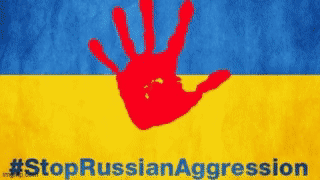
 Українська
Українська
